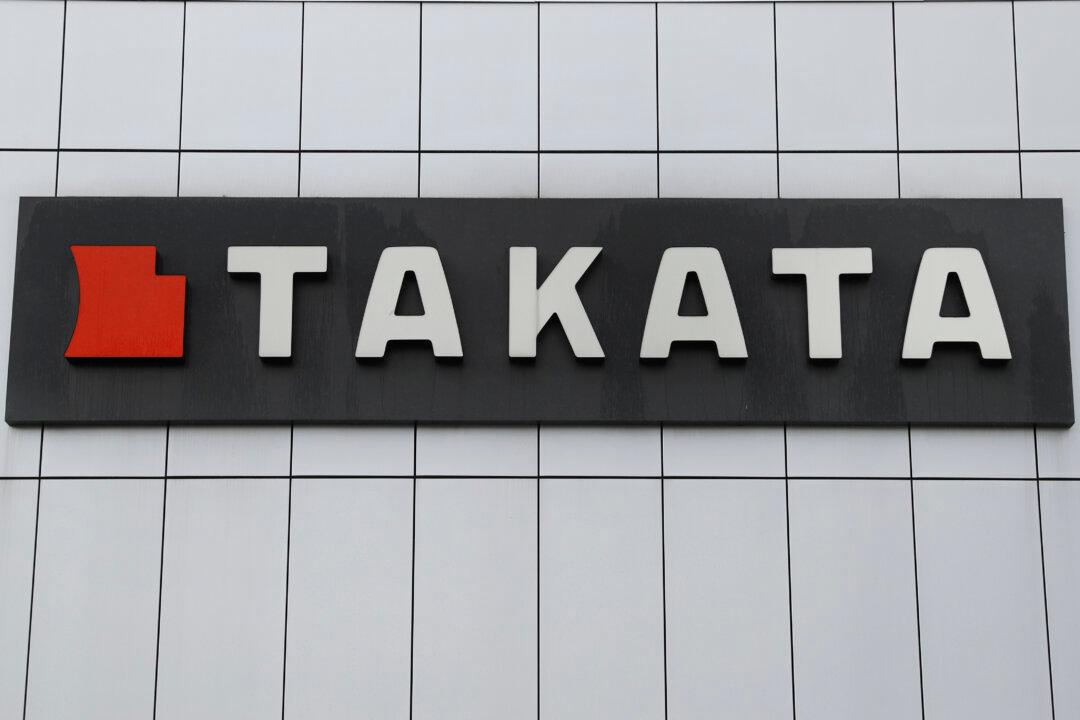DETROIT—U.S. safety regulators and Honda Motor Co. are urging drivers once again to make sure their vehicles haven’t been recalled after another person was killed by an exploding Takata air bag.
The National Highway Traffic Safety Administration (NHTSA) said Friday that the person was killed in a crash involving a 2002 Honda Accord when the driver’s air bag inflator ruptured and hurled shrapnel. Honda said the crash occurred on Feb. 22 in Bowling Green, Kentucky.





